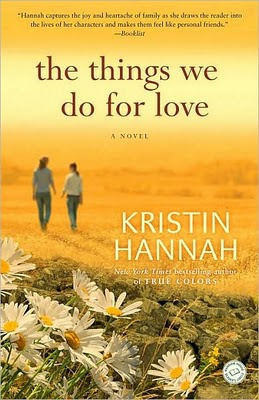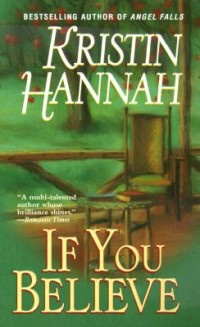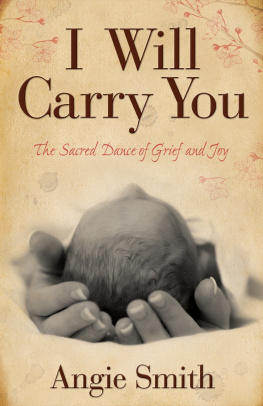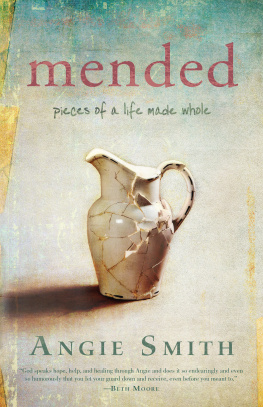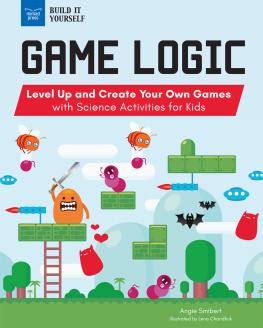
Praise for
Kristin Hannah and
The Things We Do for Love "Hannah captures the joy and heartache of family as she draws the reader into the lives of her characters and makes them feel like personal friends, proving once again why she is a star of women's fiction." -- Booklist "Hannah is superb at delving into her main characters' psyches and delineating nuances of feeling." -- The Washington Post Book World "ENORMOUSLY ENTERTAINING ... Hannah has a nice ear for dialogue and a knack for getting the reader inside the characters' heads." -- The Seattle Times "[Hannah] writes of love with compassion and conviction." --LUANNE RICE, author of The Secret Hour "This wonderful book is a classic example of the enormously touching and thought-provoking stories that are Hannah's specialty. The warmth and complexities of these characters grab hold of the heartstrings." -- Romantic Times
By Kristin Hannah
Published by Ballantine Books A HANDFUL OF HEAVEN
THE ENCHANTMENT
ONCE IN EVERY LIFETIME
IF YOU BELIEVE
WHEN LIGHTNING STRIKES
WAITING FOR THE MOON
HOME AGAIN
ON MYSTIC LAKE
ANGEL FALLS
SUMMER ISLAND
DISTANT SHORES
BETWEEN SISTERS
THE THINGS WE DO FOR LOVE Books published by The Random House Publisheing Group are avilable at quantity discounts on bulk purchases for premium, educational, fund-raising, and special sales use. For details, please call 1-800-733-3000.

Once again, for Benjamin and Tucker
For good friends: Holly and Gerald, Mark and
Monica, Tom and Lori, Megan and Kany,
and Steve and Jill
And finally, a special thanks to Linda Marrow, for an
effort that was above and beyond the call of duty
Things do not change; we change. --HENRY DAVID THOREAU
ONE
T HE STREETS OF W EST E ND WERE CROWDED ON THIS unexpectedly sunny day. All across town mothers stood in open doorways, with hands tented across their eyes, watching their children play. Everyone knew that soon--probably tomorrow--a soapy haze would creep across the sky, covering the blue, obliterating the delicate sun, and once more the rain would fall.
It was May, after all, in the Pacific Northwest. Rain came to this month as surely as ghosts took to the streets on the thirty-first of October and salmon came home from the sea.
"It sure is hot," Conlan said from the driver's seat of the sleek black BMW convertible. It was the first thing he'd said in almost an hour.
He was trying to make conversation; that was all. Angie should return the volley, perhaps mention the beautiful hawthorn trees that were in bloom. But even as she had the thought, she was exhausted by it. In a few short months, those tiny green leaves would curl and blacken; the color would be drawn out of them by cold nights, and they would fall to the ground, unnoticed.
When you looked at it that way, what was the point in noticing so fleeting a moment?
She stared out the window at her hometown. It was the first time she'd been back in months. Although West End was only one hundred twenty miles from Seattle, that distance had seemed to swell lately in her mind. As much as she loved her family, she'd found it difficult to leave her own house. Out in the world, there were babies everywhere.
They drove into the old part of town, where Victorian houses had been built one after another on tiny patches of lawn. Huge, leafy maple trees shaded the street, cast an intricate lacework pattern of light on the asphalt. In the seventies, this neighborhood had been the town's heart. Kids had been everywhere back then, riding their Big Wheels and Schwinn bicycles from one house to the next. There had been block parties every Sunday after church, and games of Red Rover played in every backyard.
In the years between then and now, this part of the state had changed, and the old neighborhoods had fallen into silence and disrepair. Salmon runs had diminished and the timber industry had been hit hard. People who had once made their living from the land and the sea had been pushed aside, forgotten; new residents built their houses in clusters, in subdivisions named after the very trees they cut down.
But here, on this small patch of Maple Drive, time had stood still. The last house on the block looked exactly as it had for forty years. The white paint was pure and perfect; the emerald green trim glistened. No weed had ever been allowed to flourish in the lawn. Angie's father had tended to this house for four decades; it had been his pride and joy. Every Monday, after a weekend of hard work at the family's restaurant, he'd devoted a full twelve-hour day to home and garden maintenance. Since his death, Angie's mother had tried to follow that routine. It had become her solace, her way of connecting with the man she'd loved for almost fifty years, and when she tired of the hard work, someone was always ready to lend a hand. Such help, Mama often reminded them, was the advantage to having three daughters. Her payoff, she claimed, for surviving their teen years.
Conlan pulled up to the curb and parked. As the convertible top shushed mechanically into place, he turned to Angie. "Are you sure you're okay with this?"
"I'm here, aren't I?" She turned to look at him finally. He was exhausted; she saw the glint of it in his blue eyes but knew he wouldn't say more, wouldn't say anything that might remind her of the baby they'd lost a few months ago.
They sat there, side by side in silence. The air-conditioner made a soft whooshing noise.
The old Conlan would have leaned over and kissed her now, would have told her he loved her, and those few and tender words would have saved her, but they were past such comfort these days. The love they'd once shared felt far, far away, as faded and lost as her childhood.
"We could leave right now. Say the car broke down," he said, trying to be the man he used to be, the man who could tease his wife into smiling.
She didn't look at him. "Are you kidding? They all think we paid too much for this car. Besides, Mama already knows we're here. She might talk to dead people, but she has the hearing of a bat."
"She's in the kitchen making ten thousand cannoli for twenty people. And your sisters haven't stopped talking since they walked in the door. We could escape in the confusion." He smiled. For a moment everything felt normal between them, as if there were no ghosts in the car. She wished it were an ease that could last.
"Livvy cooked three casseroles," she muttered. "Mira probably crocheted a new tablecloth and made us all matching aprons."
"Last week you had two pitch meetings and a commercial shoot. It's hardly worth your time to cook."
Poor Conlan. Fourteen years of marriage and he still didn't understand the dynamics of the DeSaria family. Cooking was more than a job or a hobby; it was a kind of currency, and Angie was broke. Her papa, whom she'd idolized, had loved that she couldn't cook. He took it as a badge of success. An immigrant who'd come to this country with four dollars in his pocket and made a living feeding other immigrant families, he'd been proud that his youngest daughter made money using her head, rather than her hands.
"Let's go," she said, not wanting to think about Papa.
Angie got out of the car and went around to the trunk. It opened silently, revealing a narrow cardboard box. Inside was an extravagantly rich chocolate cake made by the Pacific Dessert Company and a to-die-for lemon tart. She reached down for it, knowing some comment would be made about her inability to cook. As the youngest daughter--"the princess"--she'd been allowed to color or talk on the phone or watch TV while her sisters worked in the kitchen. None of her sisters ever let her forget that Papa had spoiled her mercilessly. As adults, her sisters still worked in the family restaurant. That was real work, they always said, unlike Angie's career in advertising.
Next page
